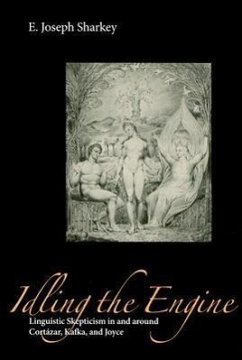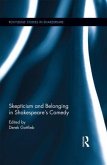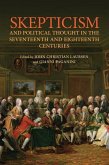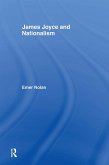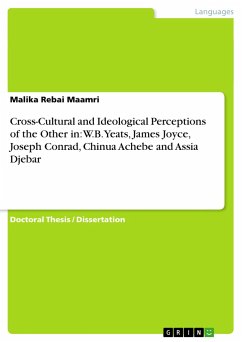Some of the most important literary works of the twentieth century wrestle with a deep distrust of language, a distrust born of an untenable skepticism that insists on the manufacture of doubts where doubts are nonsensical. Common to each expression of this distrust is the often hidden premise that no knowledge or tool of knowledge, least of all language, can be trusted until an absolute justification can be provided for it. Idling the Engine examines the consequences of this skepticism as it appears in and around the work of Julio Cortazar, Franz Kafka, and James Joyce, each of whom was well aware of the crisis of language and the threat it was perceived to hold for literary endeavors like theirs. Almost as important as the study of the novels themselves is the study of their interpretation by critics, many of whom fail to question this skepticism about language because they themselves take it as axiomatic. Author E. Joseph Sharkey uses the philosophies of language of Hans-Georg Gadamer and Ludwig Wittgenstein to counter the skepticism in question by showing that a language grounded in history instead of the transcendent is grounded nevertheless. Using Wittgenstein's metaphor of the idling engine for the misguided search for a logical or metaphysical justification of language, Sharkey demonstrates how such "idling" pervades the novels of Cortazar, Kafka, and Joyce. As he does so, he argues that at their best these novels celebrate the marvelous efficacy of language and show that it is made possible precisely by virtue of the limitations that trouble the skeptics.
Bitte wählen Sie Ihr Anliegen aus.
Rechnungen
Retourenschein anfordern
Bestellstatus
Storno

